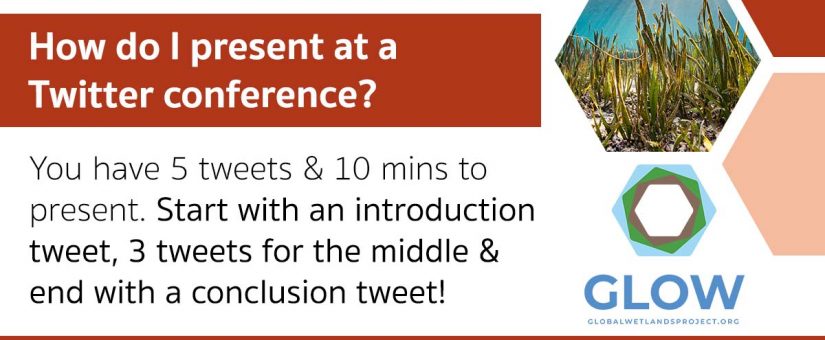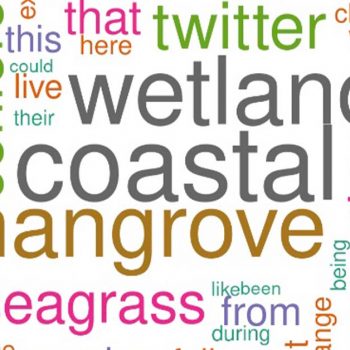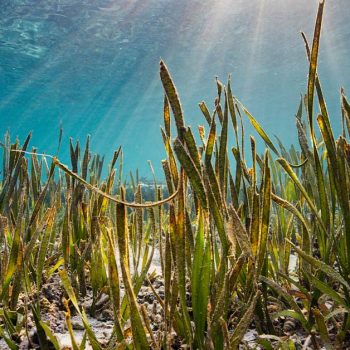
2021 Coastal Wetlands Twitter Conference Presentations
- Posted by Natasha Watson
- On November 12, 2021
The Global Wetlands Project hosted the inaugural Coastal Wetlands Twitter Conference on Tuesday 26 and Wednesday 27 October 2021. The #CWTC21 conference was held completely on Twitter – with internet access you could participate in the conference. Presenters, following a conference schedule, delivered their presentation via Tweets.
The conference program and links to the Twitter presentations can be found below. You can also view the Twitter presentations by searching ‘#CWTC21’ in Twitter.
The four keynote presentations (10 minutes each) are available on The Global Wetlands Project YouTube Channel. They were:
Lina Mtwana Nordlund, Associate Senior Lecturer, Uppsala University
Presentation: Seagrass ecosystem services
Kerrylee Rogers, Associate Professor, University of Wollongong
Presentation: Coastal ecosystems are highly dynamic and global change models need your local-scale data
Michael Sievers, Research Fellow, Griffith University
Presentation: Global typologies of coastal wetland status
Anusha Rajkaran, Senior Lecturer, University of the Western Cape
Presentation: The impact of heavy metals and microplastics on the provision of ecosystem services by coastal habitats
The Twitter conference provided the opportunity for students, scientists, coastal wetland managers and policy-makers to come together and share their research and experiences of coastal wetlands on an international stage. A review of the engagement on Twitter with the presentations can be found on The Global Wetlands Project blog.
CONFERENCE PRESENTATIONS
The first session was held 9.00am – 11.10am BST, Tuesday 26 October
To view the Twitter presentations, click on the title below.
The second session was held 13.00pm – 15.00pm PDT, Tuesday 26 October
To view the Twitter presentations, click on the title below.
The third session was held 9.00am – Noon BST, 27 October 2021
To view the Twitter presentations, click the title below.




0 Comments